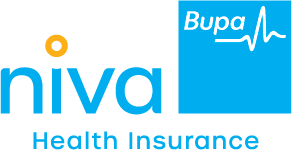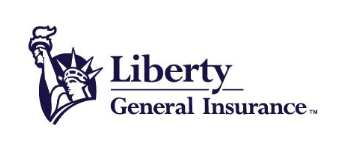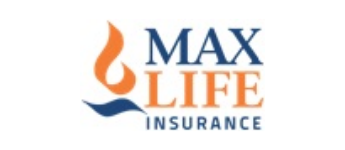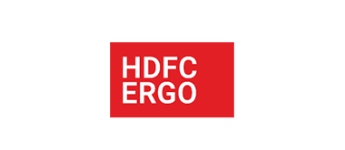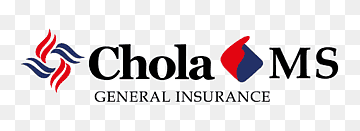Ensureti operates the website
http://www.policynation.com to provide customers a seamless way to buy Insurance from various insurance companies.
Ensureti is not an insurance company but it is a licensed Insurance Broking Company holding a broking license from the Indian Insurance Regulatory and Development Authority and is governed by the norms and guidelines set out by the IRDA.
By visiting Policynation.com, and accessing the information, resources, services, products and tools you understand, accept and agree to adhere to the terms and conditions contained in this document as updated or modified from time to time, any other terms set out elsewhere in the website or otherwise communicated to you. This will henceforth be referred to as T & C. Policynation.com reserves the right to change or otherwise modify the T&C without prior notice. Your continued access or use of Policynation signifies your acceptance of the updated or modified T&C.
Using the website Policynation.com
You agree to use the information and the resources being provided on the platform only for the purposes intended as permitted by the T&C and further agree to use such information and resources within the framework of applicable laws and regulations and generally accepted practices or guidelines, including but not limited to any guidelines laid out by IRDA.
When you use Policynation.com, you understand that: - Policynation.com has limited control over the information available on the website which is provided by the participating insurance providers.
- Policynation.com does not warrant or guarantee the merchantability, timeliness, accuracy or completeness of the information or quality of the results obtained from the use of the information contained in the website.
- Policynation.com has no liability in relation to or arising out of the website information and website recommendations.
- As a user, you are responsible for the final choice of the product made by you. You agree and accept to read through all information supplied by the relevant insurance provider and, if required, after seeking any further advice from the relevant participating insurance provider before choosing your product.
- Policynation.com may pass on your personal information to the relevant participating provider if you apply to purchase a product through policynation.com. For accessing the resources, you will be required to sharespecific personal details - name, address, contact details etc. By providing your information, you authorize us to access on your behalf your records from the competent authority, such as Aadhar, RTO etc for facilitating your transaction through us.
- Your login information associated with any account you use to access the resources on Policynation.com will be kept confidential.
- You shall be responsible and liable with respect to any activity occurring under your account.
- Use of our resources by any means other than through the means we provide is strictly prohibited.
- Engaging in any activity that disrupts or interferes with our resources is also strictly prohibited.
- Attempting to plagiarise, reproduce, sell, trade or resell our resources is strictly prohibited.
- You will be solely responsible for any loss or damage that Policynation.com directly or indirectly incurs or suffers due to any unauthorized activities conducted by you, and may also incur criminal or civil liabilities.
- Policynation.com may provide various open communication tools on our website, such as blog comments, posts, public chat etc. You understand that whatever information you wish to share via these tools to our website should be in a responsible and ethical manner. You agree that you will not upload, post, share or otherwise distribute any content that:
- is illegal, threatening, defamatory, abusive, harassing, degrading, intimidating, fraudulent, deceptive, invasive, racist, or contains any type of suggestive, inappropriate, or explicit language;
- Infringes on any trademark, patent, trade secret, copyright, or other proprietary right of any party;
- Contains any type of unauthorized or unsolicited advertising; Impersonates any person or entity, including any of http://www.policynation.com/ employees or representatives.
- We have the sole discretion to remove any content that in our opinion does not comply with this T&C. or is offensive, harmful, objectionable, inaccurate, or violative any third party copyrights or trademarks. Where we decide to remove such content, you hereby consent to such removal, and consent to waive any claim against us.
- Policynation.com does not assume any liability for any content posted by you or any other third party users of our website.














.png)
.png)
.png)
.png)
.png)
.png)
.png)
.png)
.png)
.png)
.png)
.png)
.png)
.png)
.png)
.png)
.png)
.png)
.png)
.png)
.png)
.png)
.png)
.png)








